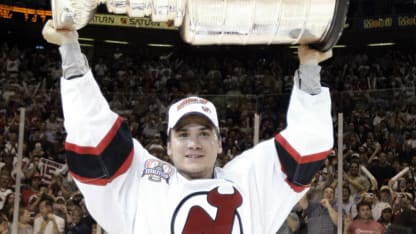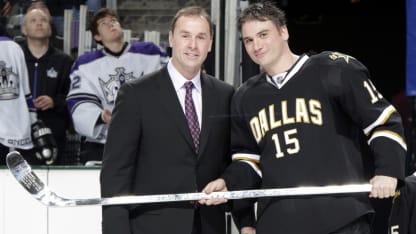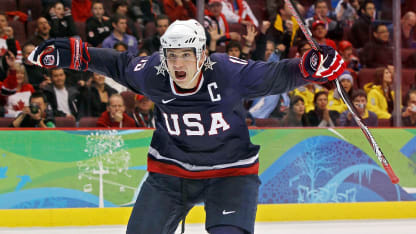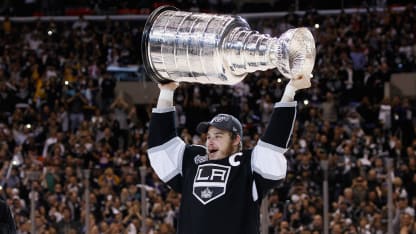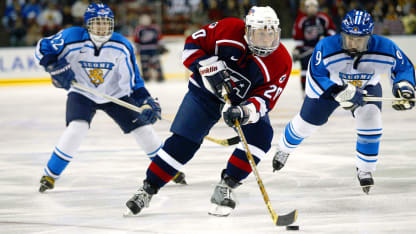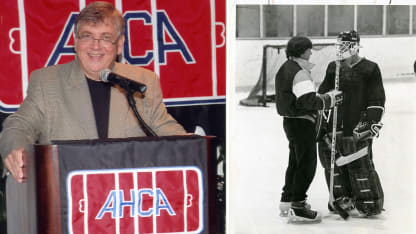Joe Nieuwendyk was in tears. The center had torn an oblique muscle in his left side in Game 6 of the 2003 Eastern Conference Final against the Ottawa Senators and, after two shifts of Game 7, realized that he simply couldn’t play.
He asked the trainer to grab Jamie Langenbrunner while both were in the locker room during the first intermission. Nieuwendyk had something to say to his fellow New Jersey Devils forward.
“There’s nobody I want to be a teammate more in these situations than you,” Langenbrunner remembered Nieuwendyk telling him. “You’re going to have a big second, third period.”
He wasn’t wrong.
The Devils had gone into that intermission down 1-0 to the Senators. They emerged up 2-1, courtesy of two goals by Langenbrunner, on their way to a 3-2 win in Game 7 and an eventual Stanley Cup championship.
The message was part exhortation, part understanding, of who and what Langenbrunner was, of what he was capable of in the biggest moments. Nieuwendyk, close friend and frequent road roommate of Langenbrunner, had seen it time and again, never more so than when the two won the Stanley Cup together for the first time, with the Dallas Stars in 1999.
Performing in those moments was the hallmark of Langenbrunner’s 16-season NHL career, most of which was spent with the Stars and Devils, in addition to two seasons with the St. Louis Blues. He would play 1,109 NHL games, scoring 663 points (243 goals, 420 assists), making the Stanley Cup Playoffs in all but one season, winning the Cup twice, culminating in his election to the U.S. Hockey Hall of Fame. He’ll be inducted Wednesday in Boston alongside Dustin Brown, Brian Burke, Katie King Crowley and Brian Murphy.
“Especially in the playoffs, you could tell that he was able to raise his game to another level,” Nieuwendyk said. “That’s probably the mark of his career is that he was able to step his game up.
“I said it publicly and I’ve said it to him many times, I said if there was ever a player that I was going to go to war with in playoffs, it would be Jamie. That’s the way I felt about him.”
